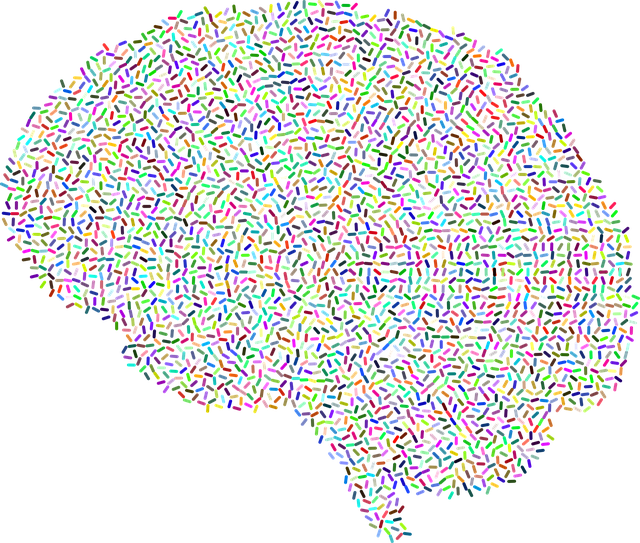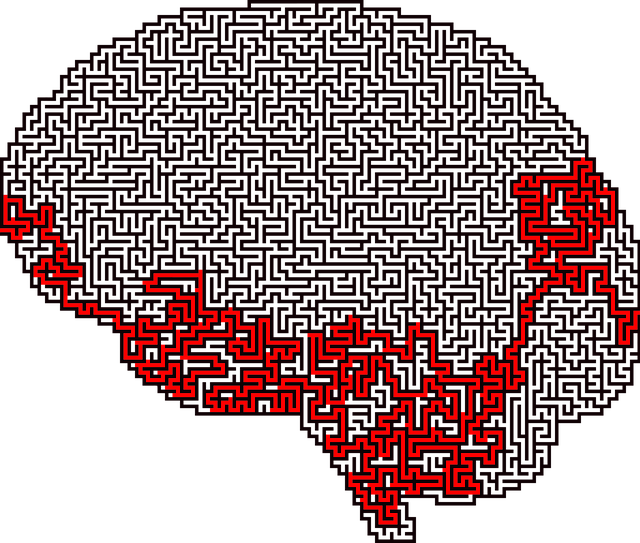In today's diverse healthcare landscape, particularly in Longmont, cultural competency is crucial for addressing mental health issues like postpartum depression (PPD). By understanding and respecting cultural differences, healthcare providers can tailor their approaches to meet the unique needs of various communities. This involves recognizing cultural barriers that impact help-seeking behaviors, such as differing mental health awareness, to enhance therapy outcomes for new mothers. Training in cultural competency equips practitioners to assess risks more effectively, offer culturally sensitive care, and improve access to supportive PPD therapy in Longmont. Success includes changes in attitudes, behaviors, and patient outcomes over time, measured through robust evaluation methods like tracking referral patterns to local services. A holistic approach integrating emotional intelligence and burnout prevention ensures continuous improvement.
Healthcare provider cultural competency training is an essential aspect of modern medical practice, aiming to bridge the gap between diverse patient populations and quality care. This article explores the critical need for such training, highlighting the significant impact of cultural biases on patient outcomes. Through case studies like Longmont Postpartum Depression Therapy, we see cultural barriers hindering effective treatment. We delve into designing effective training programs and measuring success to foster a more inclusive healthcare system.
- Understanding Cultural Competency in Healthcare: A Necessity in Modern Practice
- The Impact of Cultural Biases on Patient Care and Outcomes
- Longmont Postpartum Depression Therapy: Addressing Cultural Barriers
- Designing Effective Training Programs for Healthcare Providers
- Measuring Success and Continuous Improvement in Cultural Competency
Understanding Cultural Competency in Healthcare: A Necessity in Modern Practice

In today’s diverse healthcare landscape, understanding cultural competency is no longer an option but a necessity. Cultural competency involves recognizing and appreciating the differences in values, beliefs, and behaviors across various cultural groups, and adapting practices to meet their unique needs. This is especially crucial for issues like postpartum depression, where cultural barriers can significantly impact help-seeking behaviors. For instance, in Longmont communities, mental health awareness may vary greatly due to cultural factors, affecting the effectiveness of treatment access and outcomes, particularly for new mothers.
Healthcare Provider Cultural Competency Training plays a pivotal role in equipping professionals with the skills to navigate these complexities. By enhancing their ability to assess risks related to mental health issues like postpartum depression, healthcare providers can offer more personalized and culturally sensitive therapy. This training enables them to recognize subtler cultural nuances and barriers that might otherwise hinder progress. Through such initiatives, Longmont residents suffering from postpartum depression have a better chance of receiving the supportive care they need, highlighting the broader impact of Mental Health Awareness efforts in diverse communities.
The Impact of Cultural Biases on Patient Care and Outcomes

Cultural biases, often unconscious, can significantly impact patient care and mental health outcomes, especially in diverse communities. Healthcare providers, armed with limited cultural knowledge, may unintentionally perpetuate stereotypes or misjudge a patient’s needs based on their ethnic background, religion, or socio-economic status. This can lead to disparities in treatment recommendations and overall well-being. For instance, a study on postpartum depression (PPD) in Longmont, Colorado, revealed higher rates among minority women, highlighting the need for culturally sensitive therapy approaches.
When providers lack awareness of their own biases and fail to tailor care accordingly, patients may feel disrespected or misunderstood, hindering open communication. This is particularly critical in mental health practices where building trust and fostering a safe space are paramount. Effective strategies such as inner strength development, empathy-building, and self-esteem improvement can be incorporated into training programs to address these biases. By promoting cultural competency, healthcare providers can ensure equitable care, improve patient satisfaction, and ultimately contribute to better health outcomes for all individuals they serve.
Longmont Postpartum Depression Therapy: Addressing Cultural Barriers

In Longmont, postpartum depression (PPD) therapy has become a crucial focus as cultural barriers often prevent affected individuals from seeking help. The unique cultural backgrounds and experiences of patients can significantly impact their mental health journey. Healthcare providers in this area are increasingly recognizing the need for cultural competency training to address these challenges effectively. By understanding the diverse beliefs, values, and practices within various communities, therapists can create safer and more welcoming spaces for mothers struggling with PPD.
Cultural sensitivity is essential in implementing burnout prevention strategies for healthcare providers, especially when dealing with stress reduction methods and confidence boosting techniques. Sensitizing practitioners to cultural nuances allows them to adapt their approaches, ensuring that every patient receives personalized care. This proactive measure can go a long way in breaking down barriers, encouraging open communication, and ultimately improving mental health outcomes for Longmont’s diverse population.
Designing Effective Training Programs for Healthcare Providers

Effective training programs for healthcare providers on cultural competency must be meticulously designed to cater to diverse learning styles and address critical areas of need. These programs should go beyond surface-level awareness, delving into deeper aspects of understanding and empathy. Incorporating interactive workshops, case studies reflecting real-world scenarios, and role-playing exercises can enhance learning retention and encourage nuanced perspectives. By fostering open dialogue and critical thinking, healthcare providers gain the skills to navigate complex cultural dynamics effectively.
Tailoring training to specific challenges like Longmont Postpartum Depression Therapy ensures relevance and impact. Mental Health Awareness campaigns, for instance, can be integrated into these programs to highlight the role of emotional regulation in diverse patient populations. Public Awareness Campaigns Development should aim to educate healthcare providers on how to create inclusive environments, ultimately improving patient outcomes and fostering a more sensitive healthcare system.
Measuring Success and Continuous Improvement in Cultural Competency

Measuring success in cultural competency training is a multifaceted process that goes beyond mere knowledge retention. It involves assessing changes in attitudes, behaviors, and patient outcomes over time. By implementing robust evaluation methods, healthcare providers can gauge the impact of training programs on their clinical practice and community engagement. One effective approach is tracking referral patterns to specialized services like Longmont Postpartum Depression Therapy, as improved cultural competency may lead to earlier identification and more effective management of mental health conditions within diverse populations.
Continuous improvement requires a commitment to ongoing learning and adaptation. Incorporating feedback mechanisms from participants, patients, and colleagues helps identify areas where training can be enhanced. Additionally, integrating burnout prevention strategies for healthcare providers and cultivating emotional intelligence through Mental Wellness Podcast Series Production can foster a resilient and compassionate work environment, ultimately reinforcing cultural competency skills. This holistic approach ensures that healthcare providers are equipped to navigate the complexities of diverse communities effectively and ethically.
Cultural competency training is a game-changer in healthcare, especially in diverse communities like Longmont. By addressing cultural biases and barriers, as illustrated by the success of Longmont Postpartum Depression Therapy, providers can significantly improve patient care and outcomes. Effective training programs, designed with measurable goals, empower healthcare professionals to deliver sensitive and equitable services. Continuous improvement in cultural competency is essential to ensuring that every patient receives respectful, culturally responsive care, ultimately enhancing health equity in our communities.














